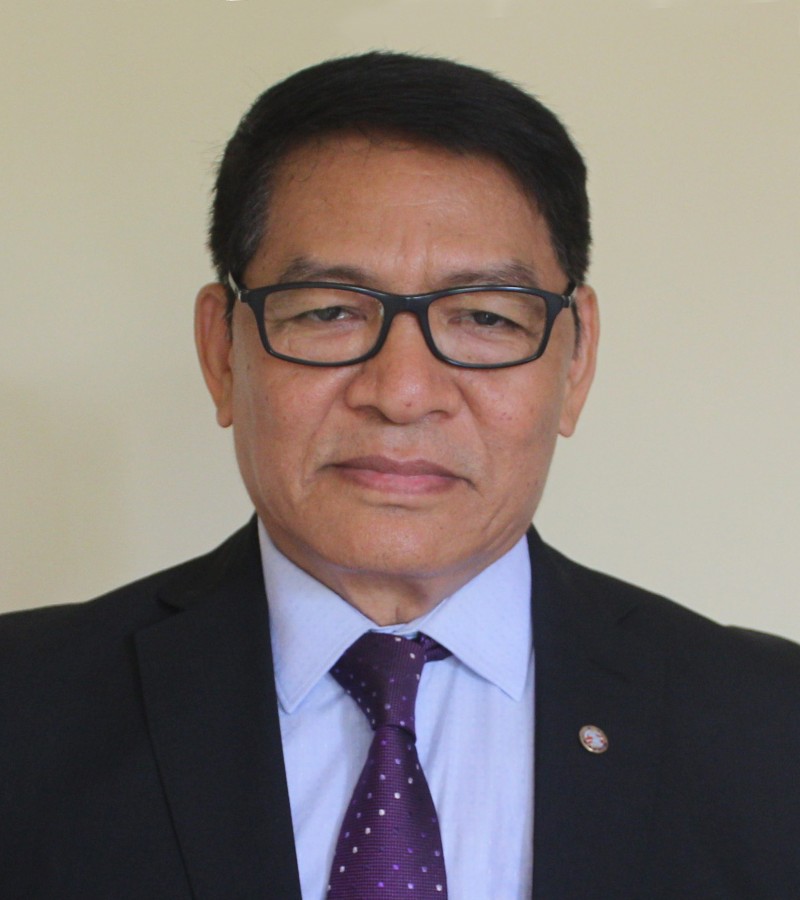Editorial
POCSO and its Salient Features
Opinion | Editorial | John S. Shilshi | 14-Feb-2021

In Indian society, child abuse (particularly of girls) has mostly been kept under wraps. Going public, in the form of registering complaints etc, has seen families being shamed and ostracized and the survivor being victimized for years, affecting even future marriage prospects. Therefore, families themselves saw to it that incidents of child abuse, sexually or otherwise, don’t come out in the open even within close family circles. This being the case, children (both boys and girls) are abused in schools, hostels, orphanages, correctional centres etc. with impunity by the perpetrators, including those who are supposed to ensure the safety and security of the children. Thus, perpetrators have not only managed to stay away from the long hands of the law, but became emboldened to repeat the crime again and again. Even when there have been instances where abused children showed extraordinary courage to speak out to their parents about having been sexually abused, the elders become complicit to the crime by opting to remain silent. This culture of maintaining a deafening silence has been prevalent across societies until it became a punishable crime with the enactment of Protection of Children against Sexual Offence (POCSO) Act in 2012.
POCSO Act was the outcome of a survey conducted by the Ministry of Women and Child Welfare Development in 2007, wherein it was established that 53% of children in India have been abused sexually, often by people who were trusted by the minors as protectors. Following this survey, an opinion poll was conducted to determine whether there was need for having a specific law to deal with crime against children. A whopping 99.6% of the respondents gave a YES, and subsequently fructified into the above law being passed in Parliament, in May 2012.
For the benefit of people and institutes dealing with Child Affairs, the salient features of Protection of Children against Sexual Offence Act are hereby enumerated in a simple layman language. It is a gender-neutral law, so therefore covers the safety and rights of both boys and girls. Apart from commission of the crime, this law makes the reporting of abuse and the recording mandatory, with lists of offences punishable under the Act. It has a section for protection of minors during the judicial process. Also, unlike in the case of other criminal acts falling under the Indian Penal Code (IPC) or any other law in the country, it is obligatory for the police officer to report registration of case under POCSO to the notice of the Child Welfare Committee within 24 hours. In respect of investigation of the crime, the Act makes certain norms mandatory, such as the aggrieved child should not be spoken to by an officer in uniform, but only in civilian clothes, so as not to appear intimating to the child. Also the recording of statement must be in a place chosen by the minor, and in the presence of a person he/she feels comfortable with. Similarly, any medico-legal examinations for collection of forensic evidence must be conducted only by female doctors, again in the presence of people the child trusts.
In order to ensure privacy, the Act provides for special arrangements during the trial as well. Not only are the trials to be conducted speedily, but should also be conducted on camera, while ensuring that the minor victim is not exposed to the accused at any stage of the investigation or during trial. The victim’s statement is to be recorded using video link so that repeated appearance in court could be avoided. Counsel for the accused can ask questions to the victim only through the Judge, not directly. The Act also provides for mandatory presence of an interpreter, translator and special education specialists to assist the child in answering questions asked through the Judge. Compensation for medical treatment for sexually-abused victims is also to be borne by the State. Most importantly, the law makes it mandatory for disposal of the case within one year.
The punishments for offences under this Act are many, depending on the gravity of commission. They are classified into penetrative sexual assault, aggravated penetrative sexual assault, non-penetrative sexual assault, aggravated non-penetrative sexual assault, sexual harassment, child pornography, attempt, abetment and failure to report the crime. Need for good awareness about this Act by people who are custodians of minors in schools, hostels, children homes etc. cannot therefore be better emphasized. While POCSO Act has primarily been implemented to prevent and punish those indulging in shameful acts of abusing children sexually, the other objective is to discourage the culture of remaining silent. One need not be necessarily the perpetrator to attract penal action under the Act, but shall be deemed equally guilty if he/she chooses to be a mute onlooker. Therefore, the need to sensitize all concerned on this very important piece of legislation is imperative.
Leave a comment
